The novelist shares his memories of the aftermath of the assassination of then Indian Prime Minister Indira Gandhi and its devastating impact on the country’s Sikh citizens
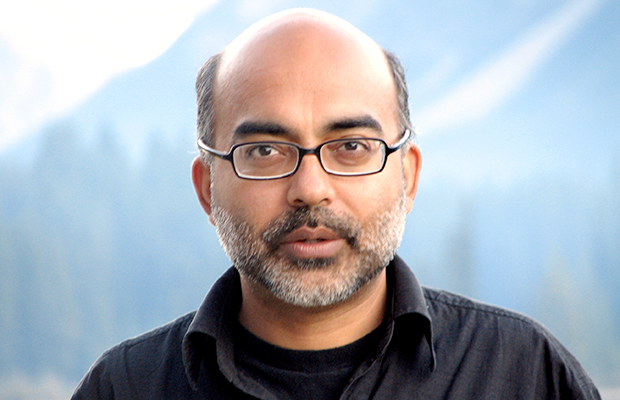

The novelist shares his memories of the aftermath of the assassination of then Indian Prime Minister Indira Gandhi and its devastating impact on the country’s Sikh citizens

The chat application LINE has strengthened its censorship methods in mainland China by targeting phrases and word combinations.
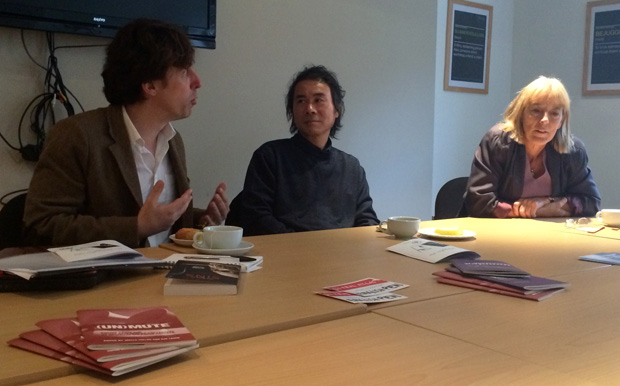
Chen Xiwo, described as “one of China’s most outspoken voices on freedom of expression for writers” by Asia Sentinel, has spoken about how he challenged the Chinese government’s decision to censor his latest book ahead of its launch in English.

Index on Censorship in association with the Digital Empowerment Foundation, India, invite you to a workshop to launch Frontline Freespeech, a pilot project seeking to amplify the voice of individuals under pressure.
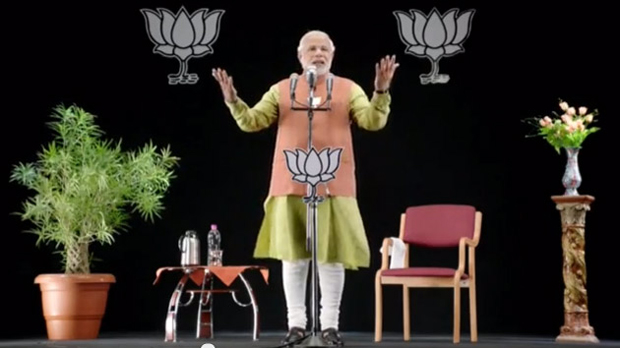
Prime Minister Narendra Modi’s penchant for using social media to address the public directly has apparently caused a rift with India’s mainstream press. Mahima Kaul reports
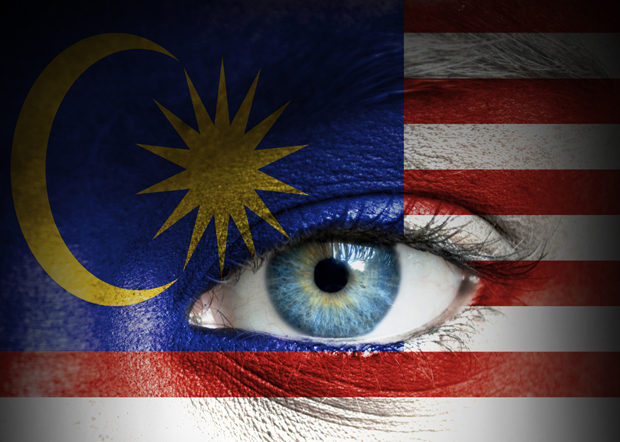
An appeal for Catholic newspaper The Herald to be allowed to print the word Allah in its Malaysian edition has been turned down. Tom Francis writes
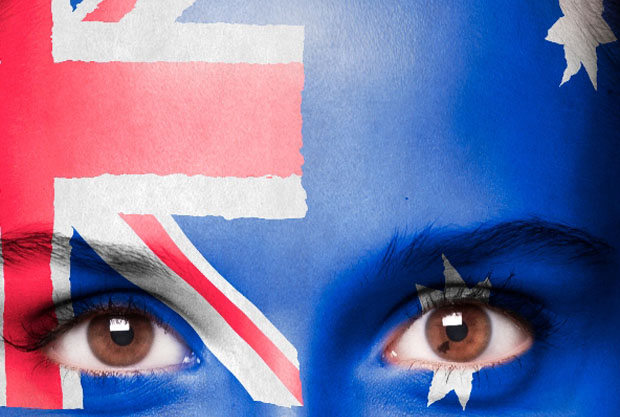
A piece of proposed legislation in the senate in Australia is attempting to wrestle with the legacy of the Snowden leaks with potential implications for media freedom. Nicholas Williams reports
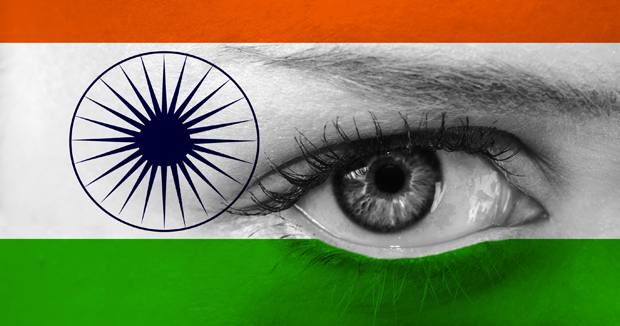
The Global Network Initiative and the Internet and Mobile Association of India have launched an interactive slide show exploring how India’s internet and technology laws are holding back economic innovation and freedom of expression.
Religious persecution is real, and should be fought. Freedom of belief is a basic right. But blasphemy laws protect only power, and never people.
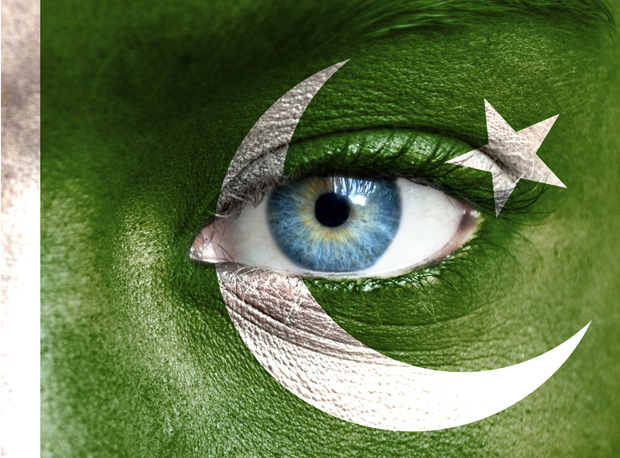
Pakistan’s journalists are daily confronted with a bleak statistic: Since 1992, 30 journalists have been murdered in Pakistan; 28 with impunity. Milana Knezevic reports